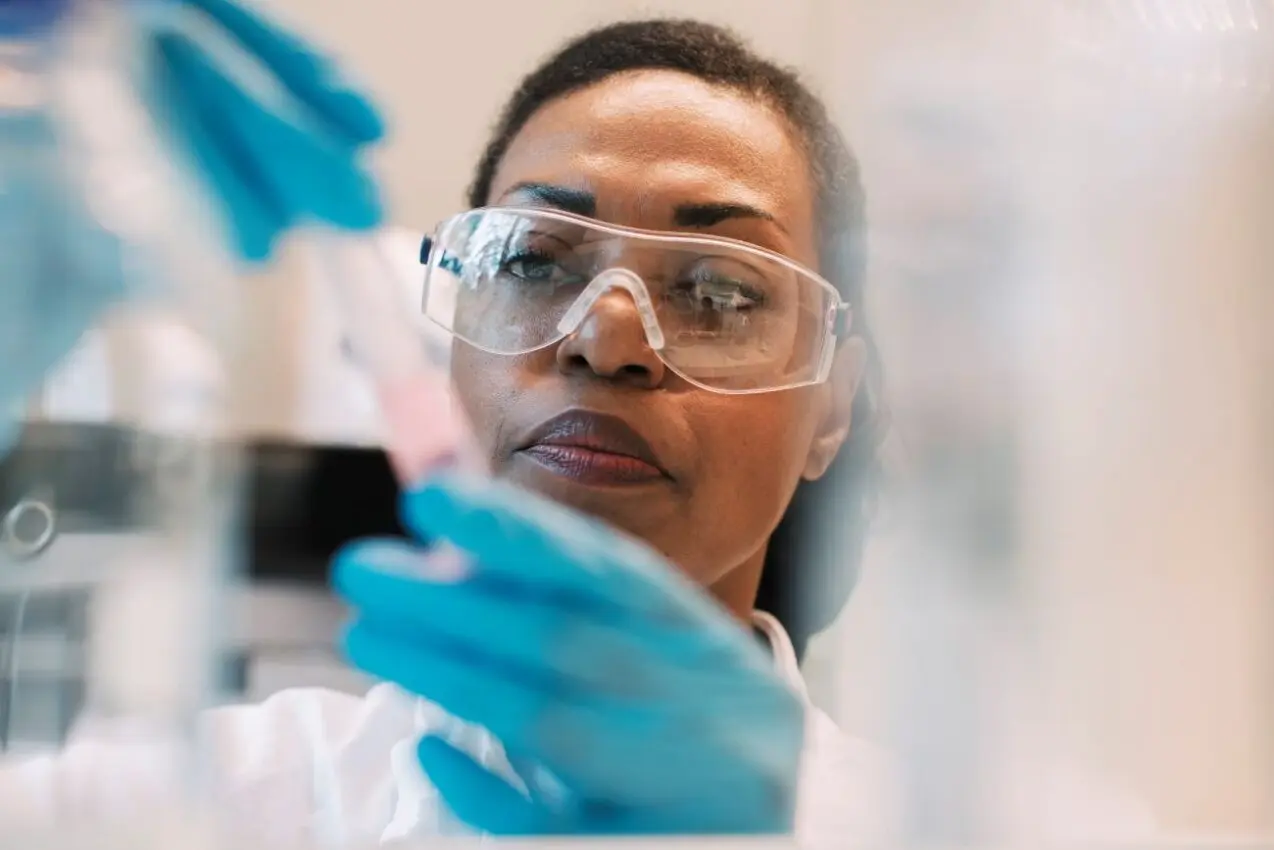Artificial intelligence could revolutionize early detection of dementia and Alzheimer's disease, according to researchers at the Mayo Clinic and other institutions.
Scientists are developing AI algorithms to analyze brain wave patterns, blood biomarkers and other health data to identify subtle signs of cognitive decline years before symptoms appear.
"We want to find ways to detect dementia as early as possible," said Jennie Larkin, deputy director of the Division of Neuroscience at the National Institute on Aging. "AI is particularly helpful in understanding and managing big data too large or complex for traditional analyses."
At Mayo Clinic, researchers used AI to scan electroencephalograms (EEGs) from over 11,000 patients, identifying specific brain wave changes associated with cognitive problems.
"Humans cannot see them, but machines can," said David T. Jones, director of Mayo's Neurology AI Program. Jones envisions future home devices, similar to heart rate monitors, that could track brain health.
"The readout could be as simple as a traffic light system," Jones said. "We're not there yet, but that is the future."
Other promising AI applications include:
- Analyzing MRI brain scans to detect Alzheimer's with over 90% accuracy in one study
- Predicting Alzheimer's risk based on conditions like high cholesterol and osteoporosis
- Examining blood biomarkers linked to Alzheimer's
Experts caution that much of this research is still preliminary. "We don't necessarily have enough data to see if any of these tools have been validated to predict someone's risk," said Rebecca Edelmayer of the Alzheimer's Association.
Early diagnosis raises ethical questions about whether people would want to know their risk years in advance. Some may use the information for life planning, while others may prefer not to know.
"To be honest, I would do nothing," said Joel Shurkin, whose wife died of early-onset Alzheimer's. "Except for a few meds, there is nothing to be done."
Others are more hopeful. Kathleen, who lost her husband to Alzheimer's, believes AI research "will be miraculous" for early diagnosis and treatment.
While challenges remain, AI's potential to detect dementia sooner could open doors for new interventions and therapies.
"Early detection raises the hope you will be able to try new interventions before the damage occurs," said Arthur Caplan, professor of bioethics at NYU Langone Health.

 India considers cutting personal income tax to lift consumption, sources say
India considers cutting personal income tax to lift consumption, sources say
 Russia arrests 4 suspects accused of plotting to kill top military officers on Ukraine's orders
Russia arrests 4 suspects accused of plotting to kill top military officers on Ukraine's orders
 Azerbaijan observes day of mourning for air crash victims as speculation mount about its cause
Azerbaijan observes day of mourning for air crash victims as speculation mount about its cause
 China's Xi sends condolences over Azerbaijan Airlines plane crash
China's Xi sends condolences over Azerbaijan Airlines plane crash
 UNIFIL urges timely Israeli pullout from south Lebanon under month-old truce deal
UNIFIL urges timely Israeli pullout from south Lebanon under month-old truce deal
 Japan's Nippon Steel extends closing date for U.S. Steel acquisition
Japan's Nippon Steel extends closing date for U.S. Steel acquisition
 BYD contractor denies 'slavery-like conditions' claims by Brazilian authorities
BYD contractor denies 'slavery-like conditions' claims by Brazilian authorities
 Kazakhstan's senate chief: cause of Azerbaijan Airlines plane crash unknown for now
Kazakhstan's senate chief: cause of Azerbaijan Airlines plane crash unknown for now
 Durant and Beal score 27 points each, Suns beat Nuggets 110-100 to close out Christmas slate
Durant and Beal score 27 points each, Suns beat Nuggets 110-100 to close out Christmas slate








